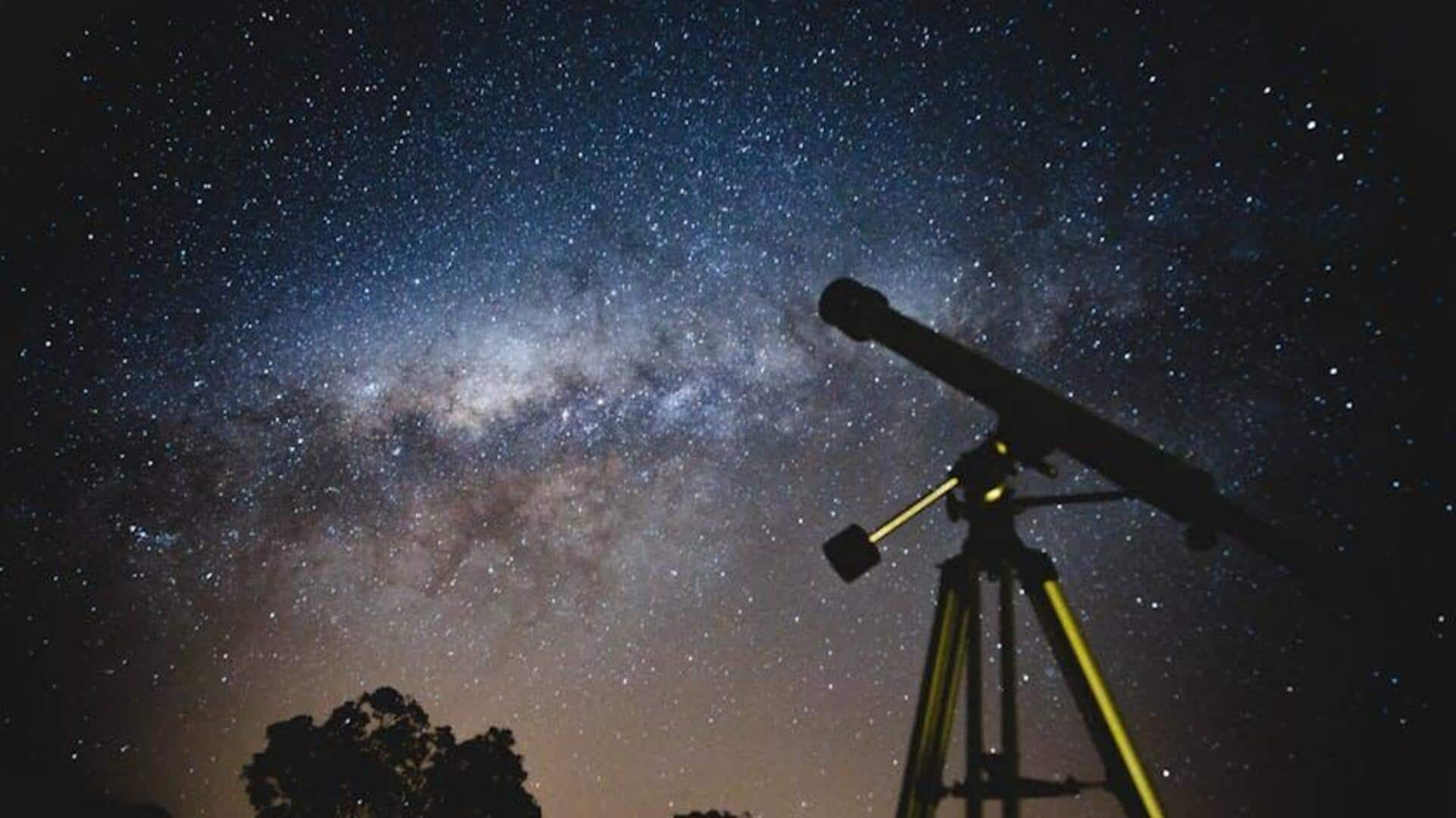
Obsessed with stargazing? Don't miss reading this!
What's the story
Supernova remnants stargazing offers a rare opportunity to witness the remnants of a star's explosive death. These cosmic events scatter elements throughout the universe, contributing to the formation of new stars and planets. This article explores how enthusiasts can venture out to view these celestial wonders, providing guidance on planning and what to anticipate during such an excursion.
Location
Choosing the right location
The ability to see supernova remnants is highly dependent on the level of light pollution and atmospheric conditions at your location. Designated dark sky reserves and parks, typically located far from city lights, offer the best opportunities for clear views of the night sky. Locations with dry climates and high altitudes are especially advantageous for stargazing as the reduced moisture in the air results in clearer skies.
Timing
Planning your trip timing
The optimal time for viewing supernova remnants is during new moon phases when the sky is at its darkest. Plus, depending on where you live, there are times of the year when the sky is clearer. A bit of research on historical weather patterns will tell you when to plan your trip.
Gear
Essential gear for stargazing
To truly elevate your stargazing experience, you need to invest in some quality gear. A high-powered telescope is key for spotting the intricate details of supernova remnants. Binoculars are also handy, providing a wider field of view. Plus, don't forget to pack warm clothes and a red-light flashlight, crucial for maintaining your night vision during these celestial explorations.
Learning
Educational resources and guides
Learning to navigate celestial maps and mobile applications can greatly enhance your stargazing experience. Many apps provide augmented reality capabilities, allowing you to identify supernova remnants in real-time by simply pointing your device at the sky. Joining guided tours or workshops conducted by astronomers can also offer valuable knowledge in understanding these cosmic wonders.
Safety
Safety tips for nighttime adventures
When planning a night hike, safety should always be your number one concern. Always tell someone where you're going and when you plan to be back. It's always safer to go with a group or at least one other person. Make sure you have emergency supplies like water, food, a first aid kit, and fully charged phones or radios.